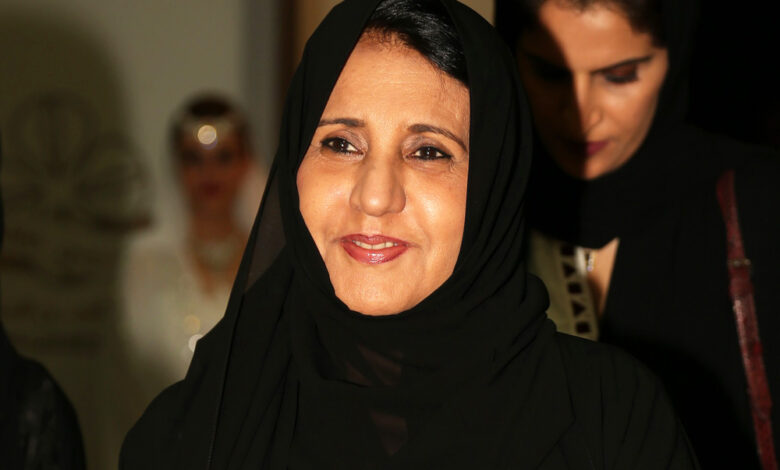
Emirati Women’s Day: A Milestone for Women Empowerment in the UAE
Emirati Women’s Day marks a significant milestone in the journey of women’s empowerment in the United Arab Emirates. This annual celebration shines a spotlight on the remarkable progress and achievements of women in the UAE, highlighting their contributions to the nation’s development and prosperity. As the country continues to prioritize gender equality and women’s rights, this day serves as a powerful reminder of the strides made and the challenges that lie ahead.
The UAE has made substantial efforts to enhance women’s participation across various sectors, from entrepreneurship to political leadership. These initiatives have led to increased financial inclusion, improved quality of life, and greater representation in decision-making roles. By fostering partnerships between the public and private sectors, the country has created a supportive environment for women to thrive in their chosen fields. This article will explore the UAE’s commitment to women’s empowerment, examining its impact on social progress, international cooperation, and the nation’s position as a global leader in advancing gender equality.
Women in Leadership Positions
The UAE has made remarkable strides in women’s empowerment, particularly in leadership roles. Women hold two-thirds of public sector jobs, with 30% in leadership positions. In the UAE Cabinet, nine women serve as ministers, including Shamma Al Mazrui, who became the world’s youngest minister at 22 in 2016. The Federal National Council (FNC) boasts 50% female representation, ranking the UAE first in female parliamentary representation according to the IMF World Competitiveness Yearbook 2020. Dr. Amal Al Qubaisi made history as the first woman to lead a national assembly in the region. The judiciary has also seen progress, with female judges and prosecutors appointed since 2008. In diplomacy, women make up 20% of the corps, with seven Emirati women serving as ambassadors. Ambassador Lana Nusseibeh became the UAE’s first female Permanent Representative to the UN in 2013, later elected as President of the UN Women Executive Board in 2017.
Cultural Shift and Social Progress
The UAE has witnessed a remarkable cultural shift and social progress in women’s empowerment. Emirati women have made significant strides in sports, with 23,000 nationals participating in events last year. The number of female footballers has increased from 800 in 2014 to 2,300 in 2024. Women are also excelling in ice hockey and other sports, reflecting a growing acceptance of female athletes in society. This progress extends to education, with women comprising 70% of university graduates and 56% of STEM graduates. The literacy rate among women has reached an impressive 95.8%. These advancements demonstrate the UAE’s commitment to gender equality and women’s rights, positioning the country as a regional pioneer in fostering women’s participation across various sectors.
International Cooperation and Initiatives
The UAE has demonstrated its commitment to women’s empowerment through international partnerships and initiatives. In 2004, the country became a signatory to the United Nations Convention on the Elimination of All Forms of Discrimination Against Women (CEDAW). The UAE has also pledged significant financial support to UN Women, donating over AED 95.48 million since 2010. In 2016, the UAE opened a regional office for UN Women in Abu Dhabi, the first in the region. The country’s dedication to advancing gender equality is further evidenced by its pledge of AED 183.61 million to the World Bank’s Women Entrepreneurs Finance Initiative fund in 2017. Additionally, the UAE has reaffirmed its commitment by pledging an additional USD 15 million to UN Women for 2023-2025, focusing on advancing the Women, Peace and Security agenda and empowering women and girls worldwide.
The UAE’s commitment to women’s empowerment has brought about significant changes in the country’s social and economic landscape. The progress made in areas such as leadership, education, and sports highlights the nation’s dedication to creating a more inclusive society. This dedication has an impact on not only the lives of Emirati women but also on the country’s standing as a leader in gender equality in the region.
Looking ahead, the UAE’s ongoing efforts and international partnerships signal a bright future for women’s rights and opportunities. The country’s initiatives to advance gender equality, both domestically and globally, set a strong example for other nations to follow. As the UAE continues on this path, it paves the way for further breakthroughs in women’s empowerment, contributing to a more balanced and prosperous society for all.







[…] UAE competition took a different path from conventional pageant formats. It prioritized women’s empowerment over traditional beauty standards. Contestants underwent extensive training in public speaking […]